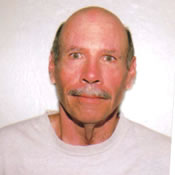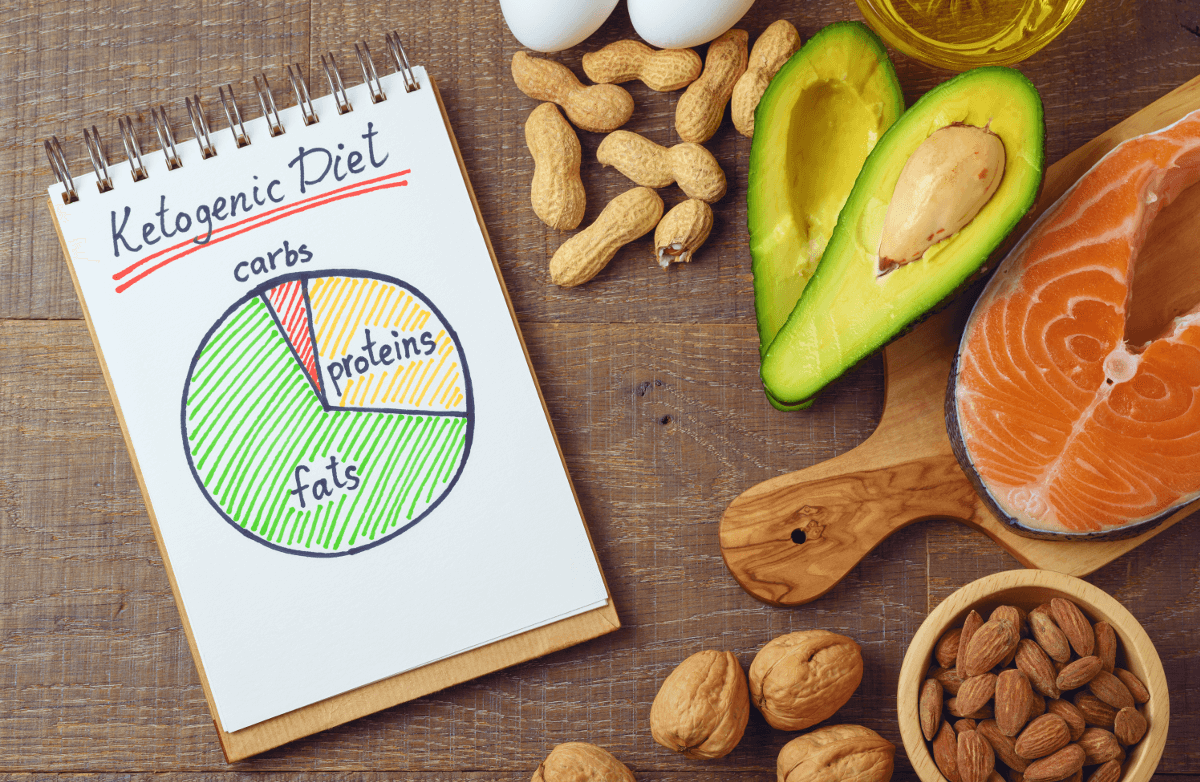|
The American Psychiatric Association (APA) has just released a preliminary draft of the revisions planned for it’s Diagnostic and Statistical Manual of Mental Disorders (DSM). This is the manual that medical and mental health professionals use to determine when individuals are suffering from a mental illness, rather than a temporary emotional or situational problem. It’s also used by insurance companies to determine which illnesses and treatments they will cover. The new Manual (DSM 5) will include binge eating as a distinct eating disorder, alongside anorexia nervosa and bulimia nervosa, which have been included in previous editions of the DSM. Does this mean that, if you sometimes have trouble stopping after two or three cookies or a few slices of pizza, you’ve got a clinical eating disorder? Probably not. Binge Eating Disorder has some very specific characteristics, and involves a persistent, frequent, and very upsetting pattern of overeating that goes well beyond the occasional “I can’t believe I ate the whole thing” situation that we’re all familiar with. You can see the official diagnostic criteria for Binge Eating Disorder here. One of the main characteristics of a binge eating episode is feeling out of control—like you literally can’t stop eating or control what or how much you eat during that episode, even though you know you’re not hungry and feel very bad about the overeating. Personally, I’ve always found it a little tricky to tell the difference between being “out of control” and just not knowing how to stop eating something I like to eat. When I was very overweight, “moderation” just wasn’t in my vocabulary. If the food was there and I liked it, most likely I would eat it until it was gone or others started complaining. Not many cookies in the package survived to be eaten another day when I was around. And I felt miserable about not being able to stop myself from overeating. When I first shifted into weight loss mode, I didn’t get much better at stopping before I’d eaten the whole thing, at least not with my favorite foods—I just made sure that I didn’t have super-sized portions of those “trigger foods” within reach. Fortunately, I rarely felt tempted to binge on the leftover steamed broccoli or baked chicken breasts. At this point, I still don’t feel very confident that I can stop myself from eating more than I want to eat with certain foods, if they’re right in front of me. I made the mistake the other day of falling for one of those promotional deals you see in the impulse buying section at the checkout aisle at the grocery store—buy 2 packs of Peanut M&Ms (one of my favorites) and get two free. I told myself that I could make those 4 packs last at least 4 days. Wrong—they didn’t make it past the first night. But I don't think that an occasional (or even weekly) problem like this necessarily qualifies as "binge eating" in the clinical sense this diagnosis uses the term. It doesn't cause me all that much distress, because I know that I can almost always decide not to buy the M&Ms in the first place, and keep my house stocked with foods that don’t trigger serious overeating for me--even when I’m feeling the need to do some serious emotional eating. And part of what enables me to do that is believing that I’m not out of control when it comes to eating—I just need to be careful about applying my efforts at the right point in the chain of events that gets the food out of the store and into my mouth. For me, that means trying to make my decisions pretty early in the behavior chain--i.e, before the food is already in the house, and I'm obsessing about eating it. When I do that, I don't really feel out of control or spend a lot of time worrying about my eating. With true binge eating, things really are out of control, as with other forms of compulsive behavior. It bothers me that the APA description of binge eating focuses so much on what the individual experiences during an episode of binge eating itself, and ignores all the other links in the behavior chain which lead up to the episode, or other emotional and practical problems that may contribute to binge eating, or factors that might help prevent it. But that’s a problem that runs all through the DSM diagnostic system. Most of the listed disorders are simply collections of symptoms, with no or little reference to context, situation, or other personal and social factors that influence a person’s thinking, feeling, or behavior. That may be necessary to facilitate rigorous scientific research and data gathering. But it’s often this background information that points the way to individualized solutions and treatments that work, and that needs research, too. It will be great if including this new diagnosis of Binge Eating in the DSM prompts more awareness and more research to improve our understanding of this very real problem, and also gets insurance companies to support treatment. But we all need to remember that no person is just a diagnosis, and that no diagnosis provides a complete explanation for why people do what they do. No one binge eats because they fit the diagnostic criteria for "binge eating disorder." We do it for our own reasons, and those can be identified and changed. And we all have strengths and capacities we can draw on, with the right encouragement and support, to understand our problems, learn how to handle them better, and make choices that will help us feel capable and empowered. Sometimes, calling something a "mental disorder" can make it easy to forget those basic facts. So, if you feel like you qualify for this diagnosis of Binge Eating disorder, don’t let that define you or limit your options. Look for the ways you can exert some control over your thinking, feelings, and choices before you find yourself in the middle of a binge. And get some help if you need it--working with a good therapist and/or support group can make all the difference in the world. What do you think about this new diagnosis? |
Popular EntriesMore From SparkPeople
|














.png)
